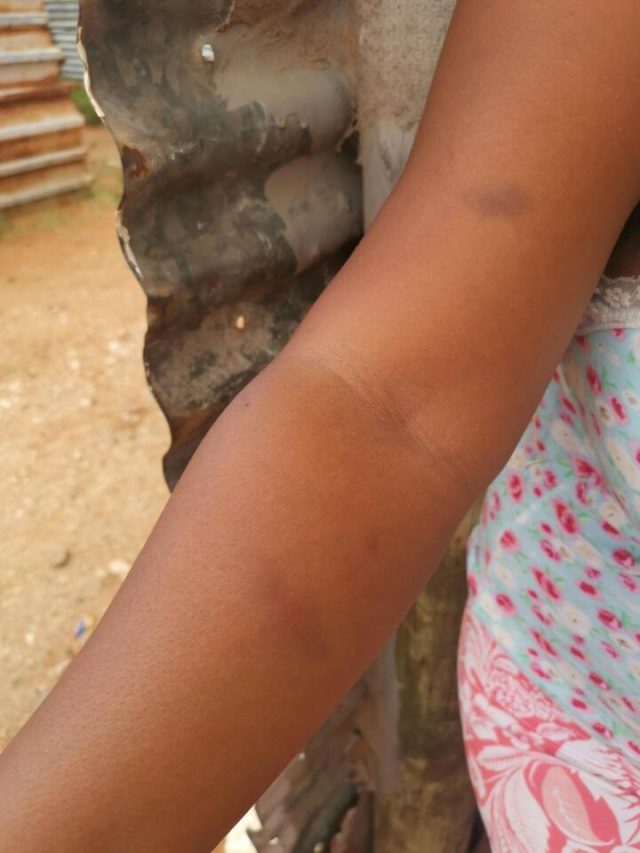The matter emanated from Zephany Nurse’s kidnapping case. Nurse had approached the court for fear of her identity being revealed after she turned 18
The Constitutional Court this week ruled that the media is no longer allowed to disclose the identities of child victims, witnesses or the accused in criminal proceedings, even after they reach the age of 18.
The apex court ruled that if child victims, witnesses and the accused give consent or approach a court when they turn 18 then their identity could be published. This ruling makes Section 154 (3) of the Criminal Procedure Act (CPA) unconstitutionally invalid, as the provision did not protect the identity of child victims of crimes in criminal proceedings.
This left child victims exposed to “secondary trauma”.
The court has given Parliament 24 months to amend the section. This stems from two applications before the Constitutional Court.
The first was an application which was part of an order which was handed down by the Supreme Court of Appeal. The order declared Section 154 (3) to be constitutionally invalid because it didn’t protect the identities of child victims in criminal proceedings.
A second application for leave to appeal against the second part of the Supreme Court of Appeal order which found that Section 154 (3) is constitutionally valid, though it fails to assure ongoing protection of children who are witnesses, victims and accused once they turn 18.
The matter emanated from Zephany Nurse’s kidnapping case. Nurse had approached the court for fear of her identity being revealed after she turned 18.
She had discovered at 17 that the woman she thought was her mother had kidnapped her shortly after birth.
Organisations that specialise in the welfare and rights of children were other applicants in the matter. The matter was first dismissed in the Gauteng High Court.
The applicants along with Nurse then appealed to the Supreme Court. This section of the CPA was always going to be problematic and untenable because it only protected witnesses and the accused, but neglected those who needed it most, the victims.
South Africa’s crime statistics are shocking. Many children suffer at the hands of people who are supposed to protect them. The media has played a critical role in reporting on such incidents. That role shouldn’t take away a child’s agency.
This ruling may also give society time to reflect on how it is quick to expose identities of children who are victims of crime on social media.








